As cars age, the maintenance you do (or don’t do) will change. Using the appropriate engine oil for older vehicles is crucial because you want to maintain an older engine, keep working, and have it last. Like anything, parts have related wear. Whether a farm tractor, motorcycle, or car, older model engines and their components often require a different focus to keep operating smoothly as wear sets in.
The following guide details some of the minimum key considerations for maintaining your older vehicle using the proper engine Oil, which will ultimately keep it dependable mile after mile.
Special Requirements for Engine Oil For Older Vehicles
For older vehicles, say those with over 75,000 miles on the odometer, the engine seals are likely larger and looser, the oil consumption is greater, and the potential for sludge is greater. The above considerations take the choice of oil from a minor topic to a genuine factor for engine sustainability, particularly older engines. High-quality engine oils, especially those developed for older engines, can significantly reduce engine wear, degradation of engine seals, and oil burn-offs.
Older engines typically respond more positively to oils containing additives to restore worn components, reduce friction, and increase viscosity enough to accommodate engine gaps. Ignoring this will lead to reduced efficiency, noticed problems in vehicle performance, and the possibility of costly repairs.
Factors to Consider For The Usage of the Correct Engine Oil For Older Vehicles
1: Choose a High Viscosity Engine Oil For Older Vehicles
Higher viscosity is a prominent characteristic in engine oil, especially for older cars. The engine’s components wear, and the spaces between them become larger, which leads to both leaking oil and lower pressure (more oil wastage). Thicker oil fills the area where thick oil fills, forming a thicker lubricating film. This has a stronger hydrodynamic film between engine components and seals, and substantially less wear on these components/seals.
High-mileage oils and oils labeled for older engines often have a higher viscosity grade and use additives that keep the seals more flexible and cleaner, making them a good choice.
2: Look for Additive-Rich Formulas
Engine oils formulated for aging engines often include additives such as detergents, dispersants, antioxidants, anti-wear agents (like zinc and phosphorus), and seal conditioners. These compounds serve critical purposes:
- Seal conditioners will minimize oil leaks.
- Detergents and dispersants are used to dissolve and prevent sludge and varnish.
- Anti-wear additives will add a protective film on engine surfaces.
Using a premium high-performance engine oil with this enhanced formulation ensures that your engine stays clean and lubricated even under strain for optimal functioning.
3: Don’t Overlook the Role of Transmission Oil
This guide focused on engine oil for older cars, but don’t lose sight of the transmission oil’s role in your vehicle’s health, particularly on higher-mileage older vehicles. Transmission systems on older vehicles can wear as much, if not more, than their systems, and damage can happen by not using the correct fluid and not maintaining adequate levels. Additionally, transmission fluid in older vehicles can create shift issues or total transmission failure.
First, always ensure your oil transmission is at adequate levels, free of debris, and sufficient to fit your vehicle’s specification, depending on the make and model. Second, consider using new vehicle lubricants and wider operating range oils that ensure the ultimate performance and help your business’s longevity with their older-based drive trains.
4: Consider Synthetic Blends for Enhanced Protection
Synthetic products provide good thermal stability, more resistance to oxidation, and less viscosity at lower temperatures. Still, some older engines may not accept full synthetics because they cannot clean out as much debris as possible.
A synthetic blend is also a good compromise solution, providing improved protection and some benefits of conventional and synthetic oils. Most blends are compatible with older seals and parts in the engine and designed for better protection at higher temperatures. You will also see many vehicle lubrication products designed explicitly for high-mileage vehicles that use this blended material.
5: Frequency of Oil Consumption & Leaks Inspection
In older vehicles, it is imperative to check engine oil often. As seals and gaskets age, oil leaks from bad piston rings can cause the engine to burn oil.
Just familiarize yourself with checking your oil level once a week. Suppose you find that levels constantly drop to normal by the markers between oil changes, or notice oil stains under the vehicle from use. Try a formulation with better seal rejuvenators, or consider inspecting the mechanical aspect of the engine.
6: Align the Choice of Engine Oil for Older Vehicles with Driving Conditions
Where and how you drive impacts the oil your older vehicle needs. For example:
- Stop-and-go city driving puts extra stress on the engine and incurs extra buildup.
- Towing or heavy loads require stronger film strength and thermal stability.
- Extreme weather (or climate), hot or cold, can be detrimental to the oil used in a car.
Tailoring your oil choice to your environment ensures your engine runs optimally, no matter the challenge.
7: Pair With Other Lubrication Maintenance
To maximize vehicle longevity, take a comprehensive approach. Along with using the correct engine oil for older vehicles, replace or inspect other lubrication products, including:
- Power steering fluid
- Brake fluid
- Coolant
- Transmission oil
A complete lubrication or vehicle transmission oil strategy helps prevent one weak link from causing larger mechanical failures.
8: Always Buy from Reputable Suppliers
Older engines are more sensitive to oil quality, so using trusted brands is non-negotiable. Pro-Lube offers an extensive selection of high-performance engine oil and specialized lubrication products designed to meet the needs of all vehicle types.
Look for oils that meet or exceed specifications and industry standards. For personalized product recommendations, consult your mechanic or refer to Pro-Lube’s expert guides.
Final Verdict
Selecting proper engine oil for older vehicles is only half the equation for avoiding wear and protecting your monetary commitment. Choosing the appropriate viscosity will ensure your vehicle operates like a well-oiled machine for the long haul.
Routinely checking your vehicle’s transmission oil and other lubrication products will prevent typical future issues. For reputable engine oil and lubrication products, visit Pro-Lube Today.
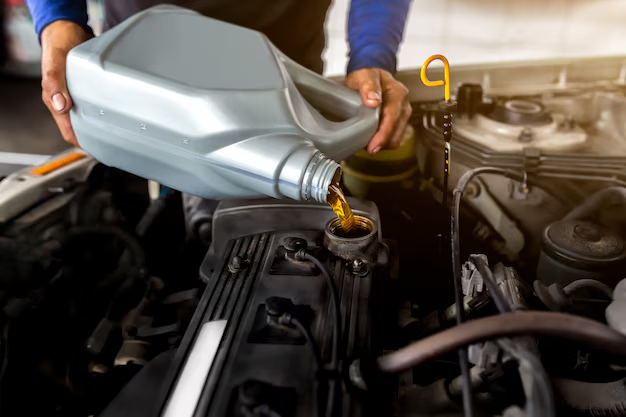
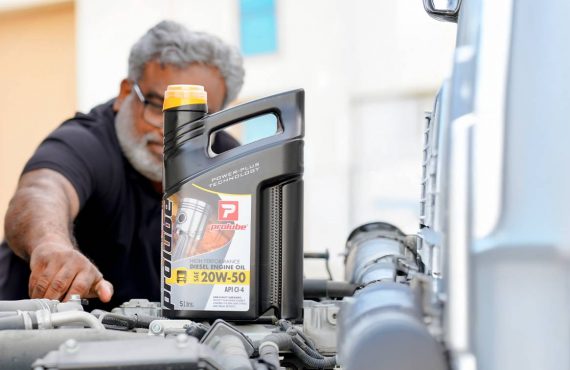
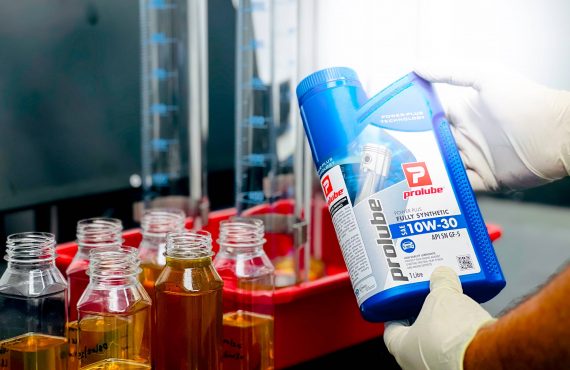


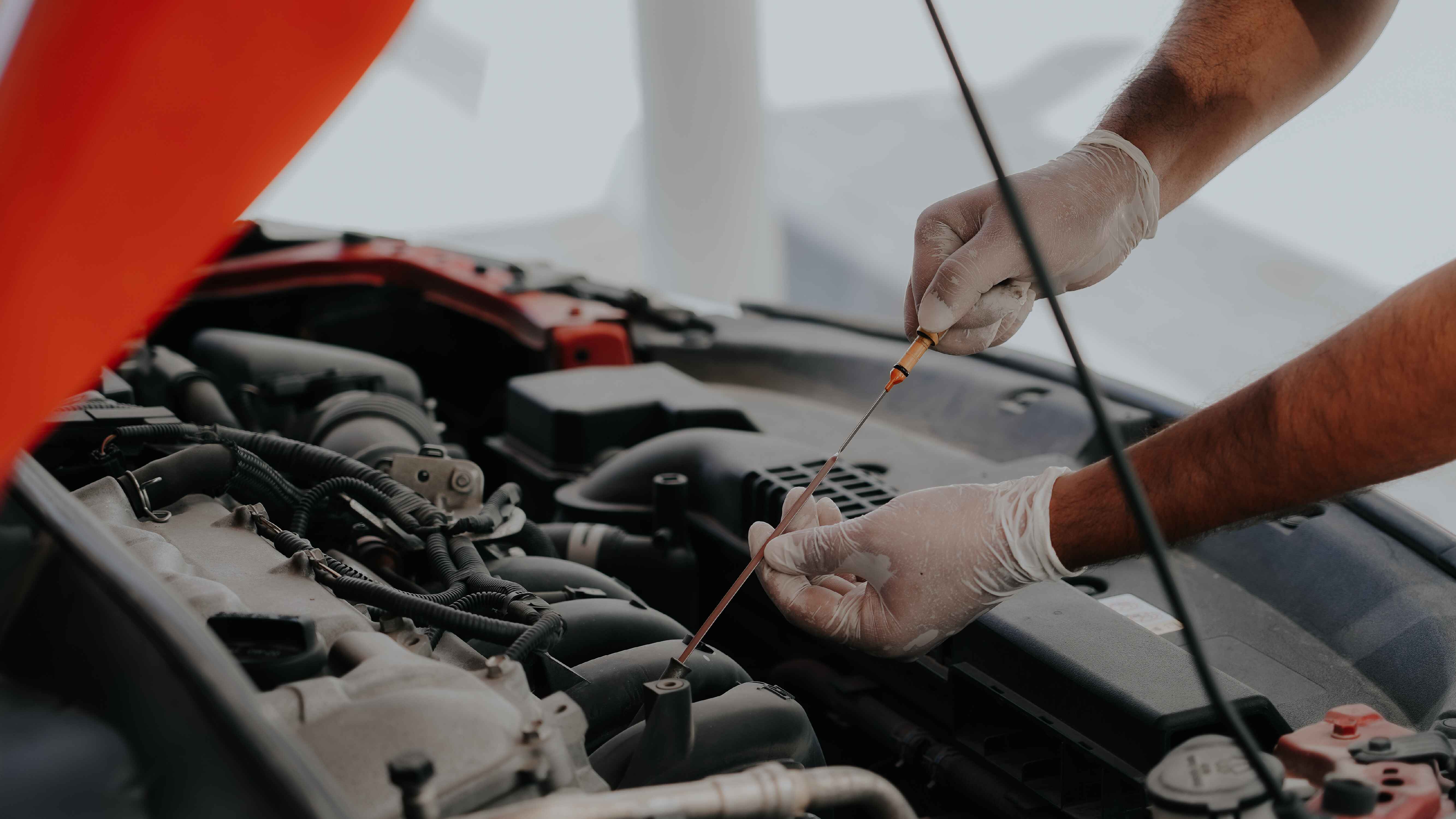
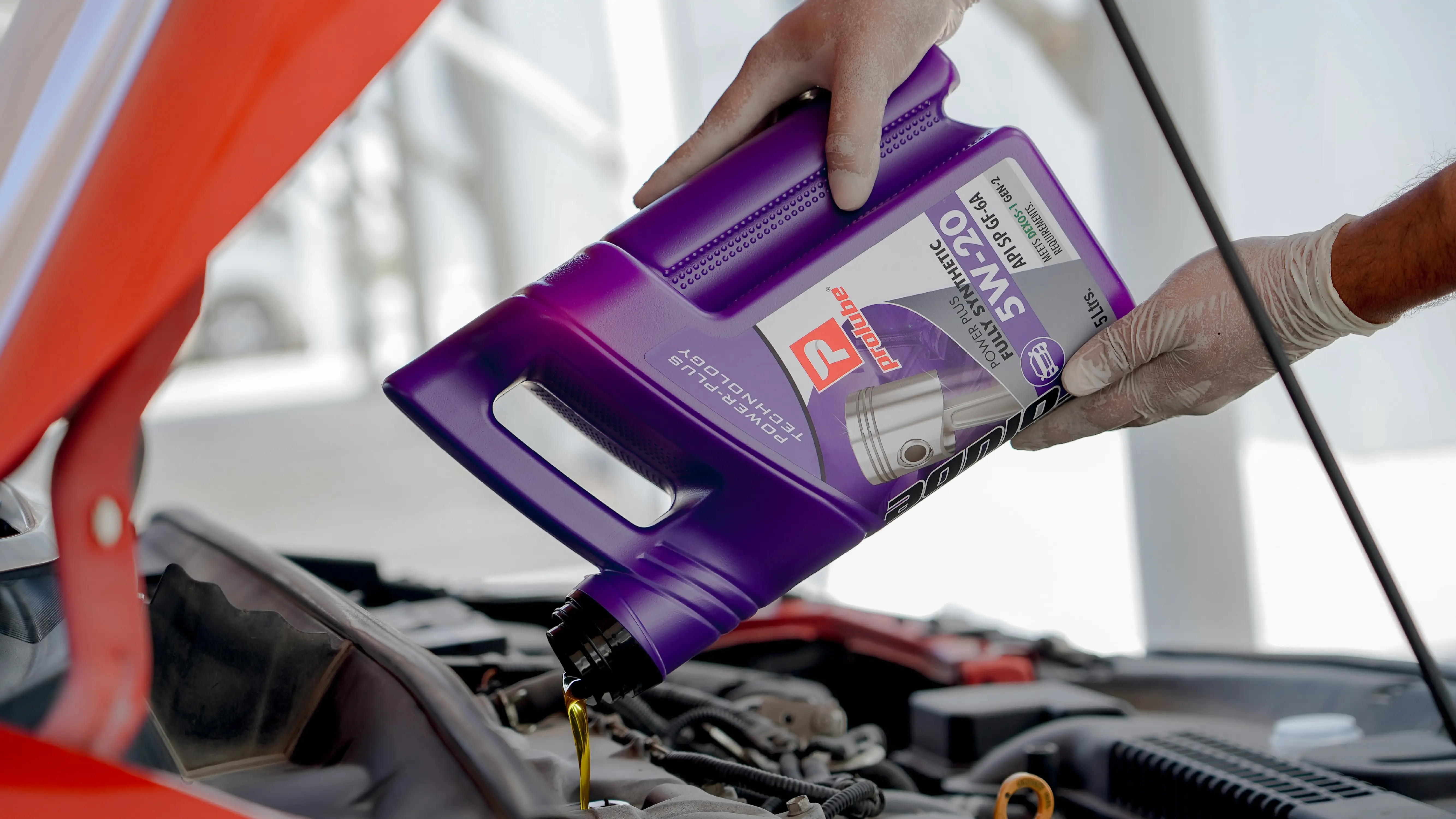
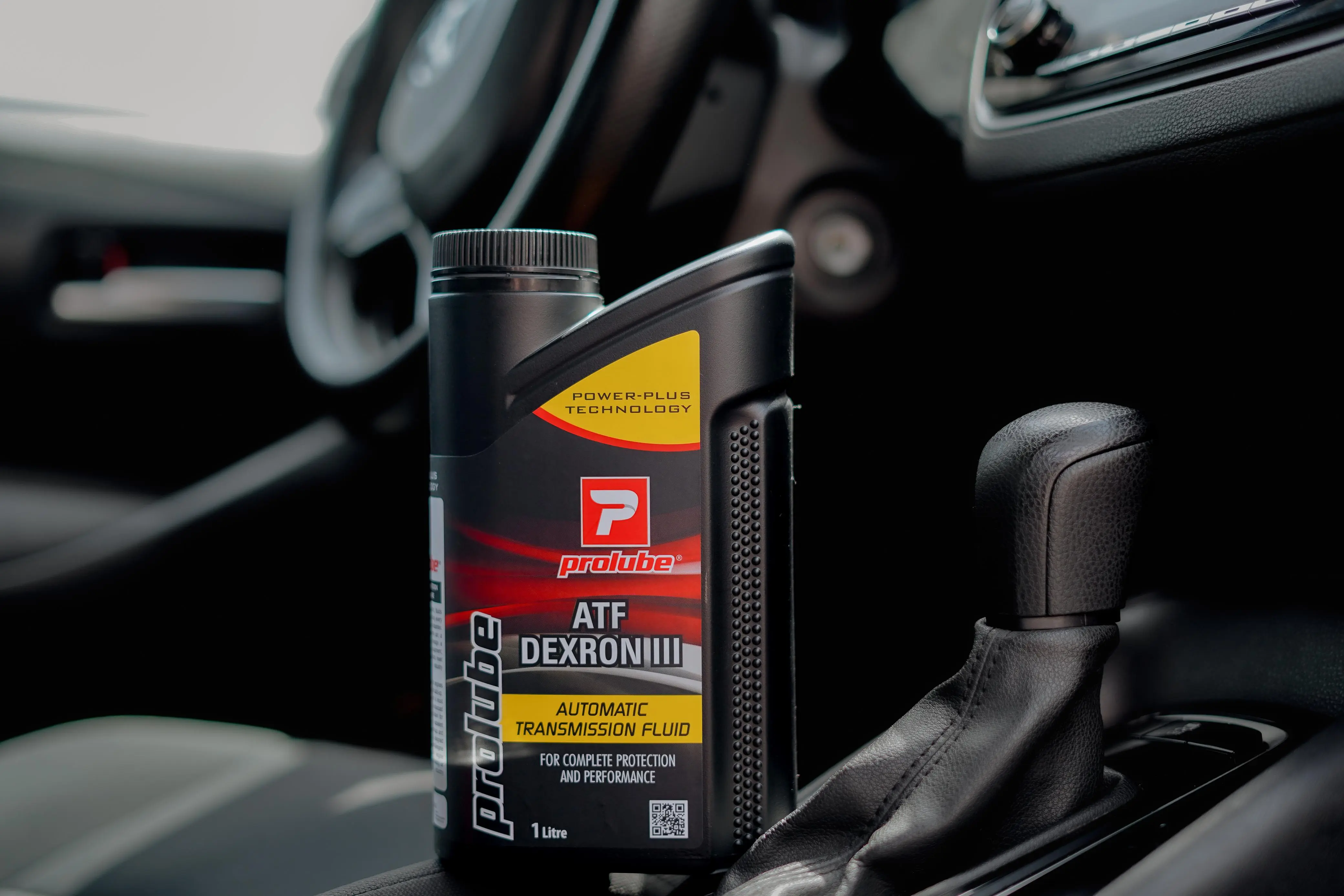
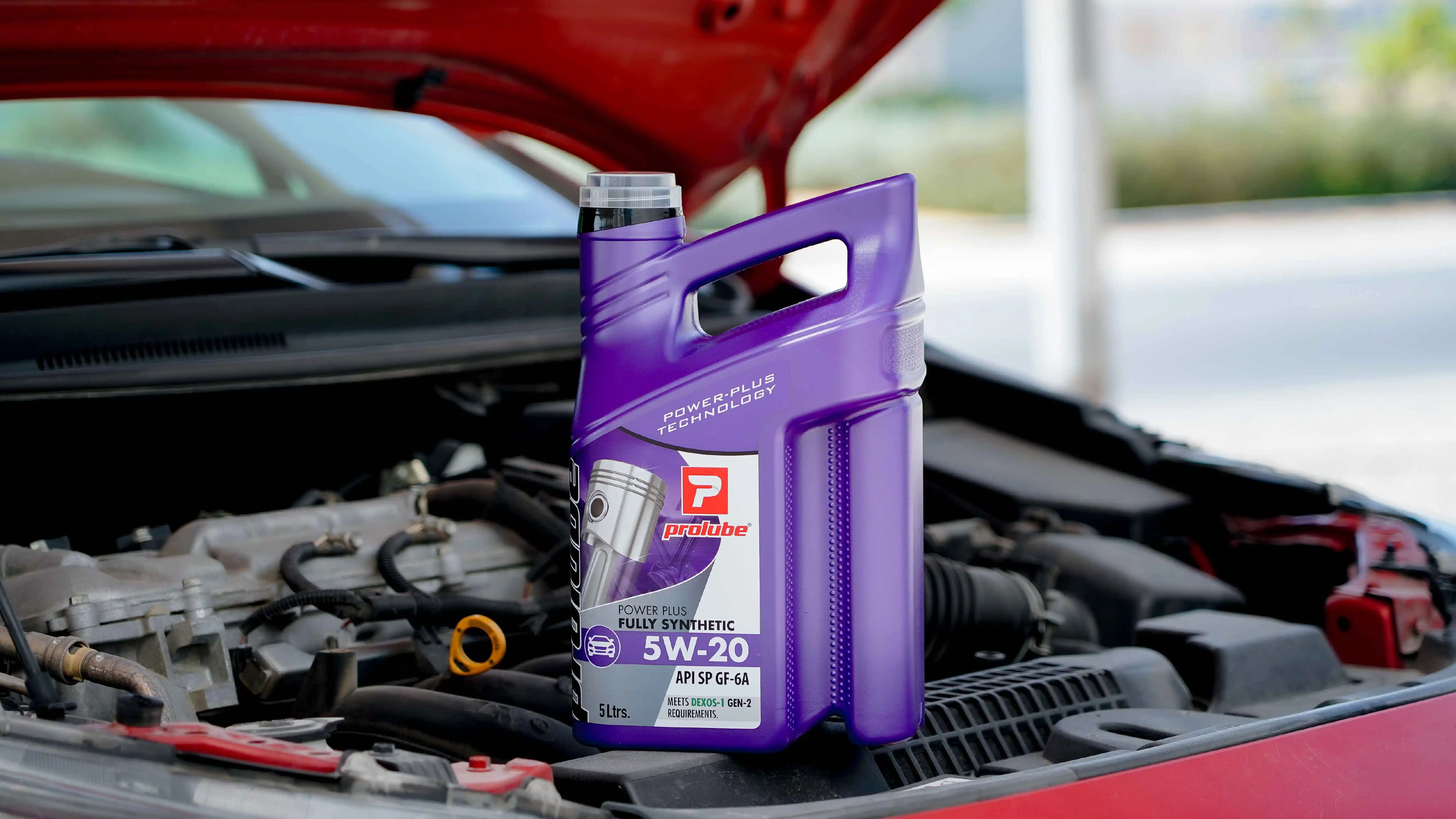
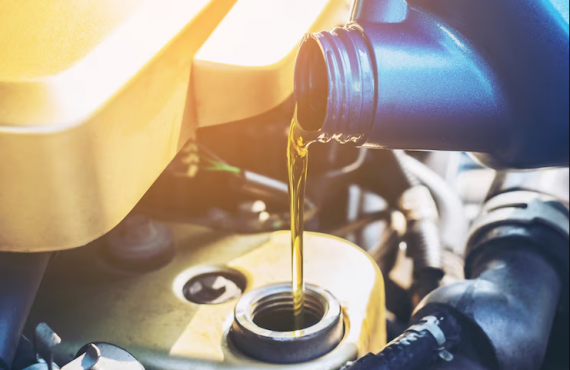
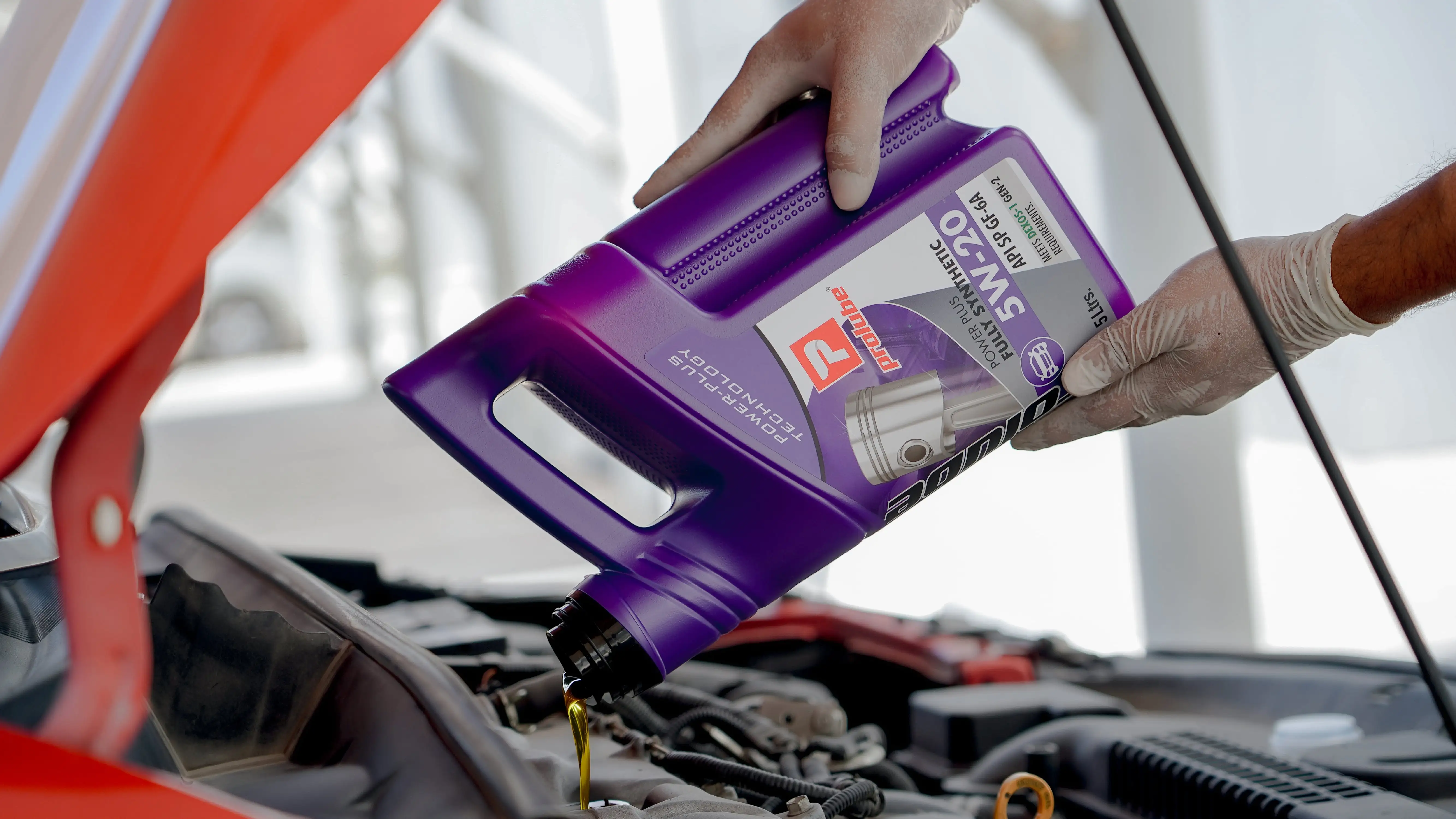


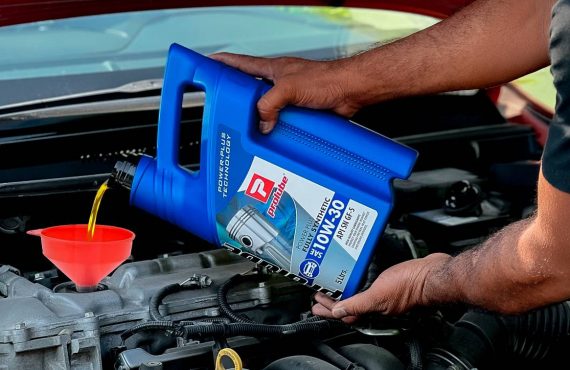
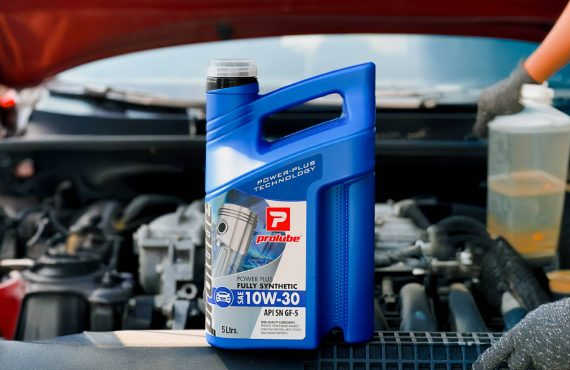
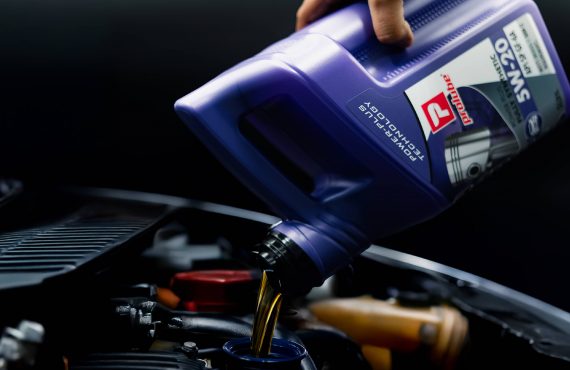
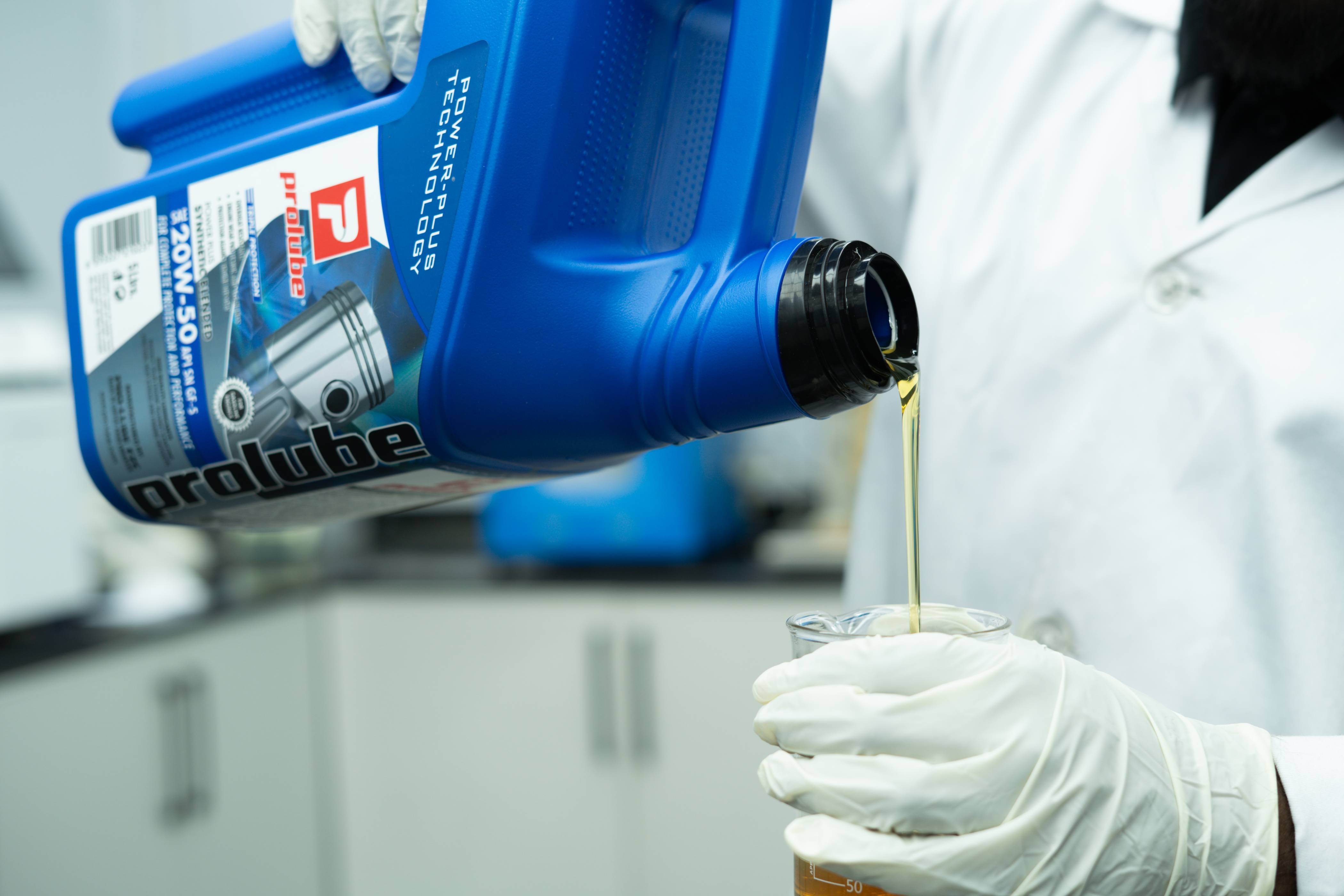
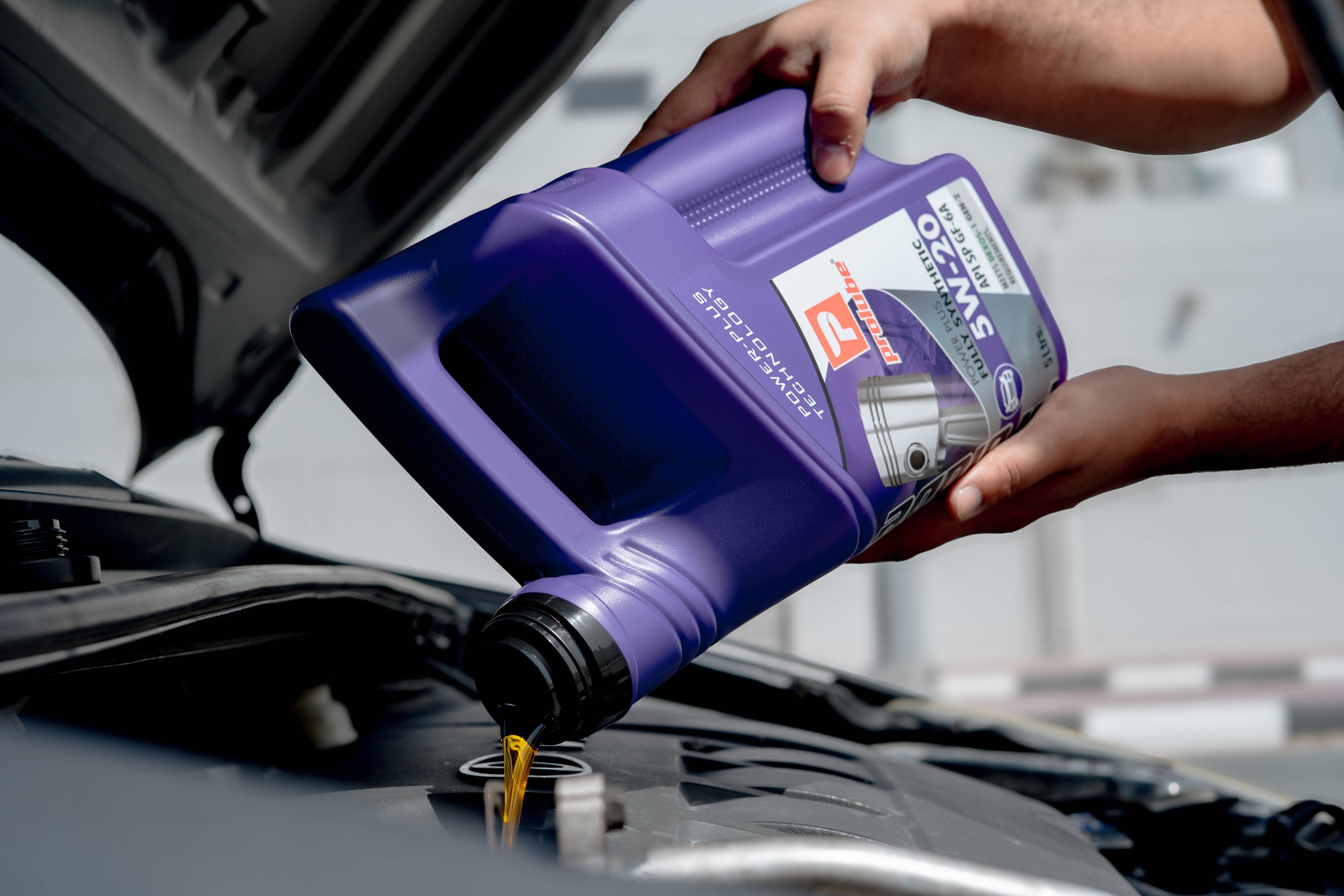
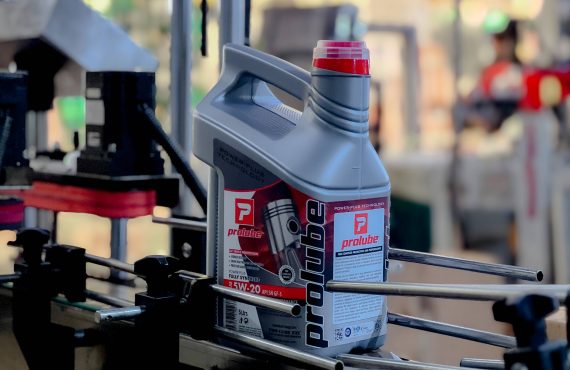

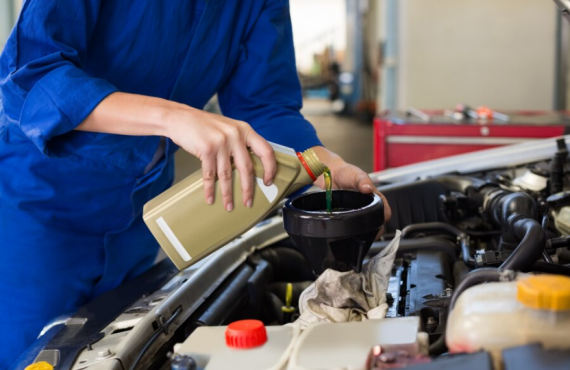
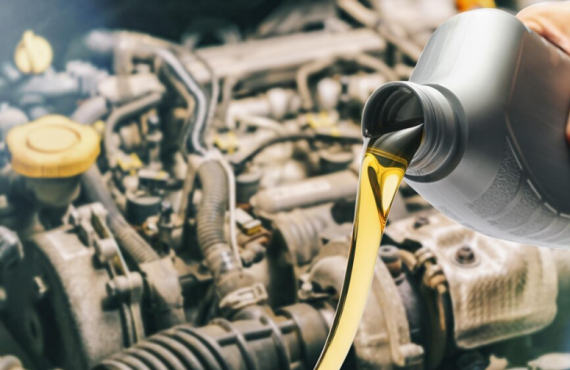
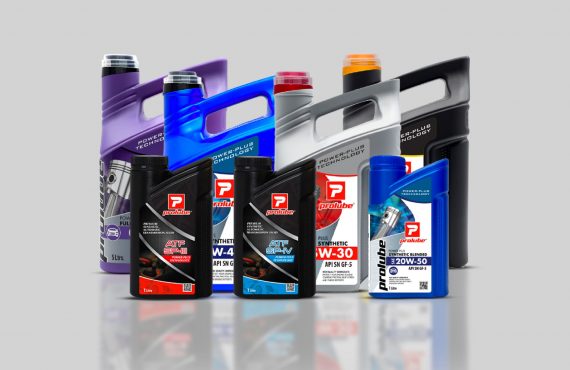


No comments yet.